In a landmark decision involving a woolly monkey named Estrellita, Ecuador’s High Court ruled that the country’s rights of nature laws apply to individual wild animals.
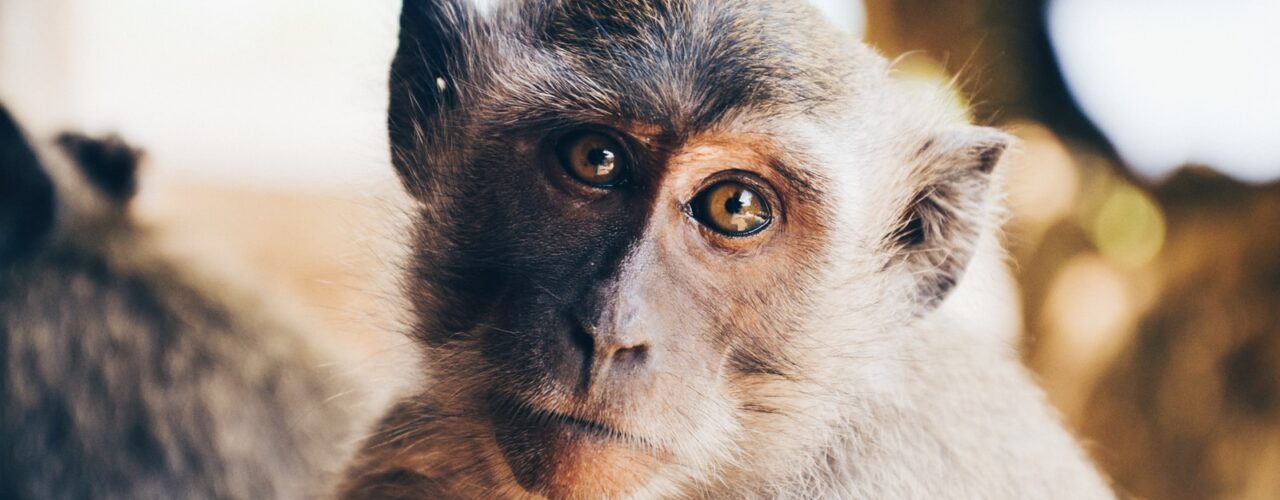
The case was filed by Ana Beatriz Burbano Proaño, who had kept Estrellita as a pet for 18 years, since she was taken from the wild at 1 month of age. Estrellita was seized by the authorities in 2019 as owning the wild animal is illegal in the country. The court ruled that both Burano’s decision to remove the monkey from the wild and the authorities’ removal of Estrellita without consideration of her particular circumstances violated the woolly monkey’s rights.
So what?
This is likely the first time a court has applied the rights of nature (which recognise the legal rights of ecosystems) to an individual wild animal. It suggests that rights of nature might now be used to benefit small groups or individual animals, thus bringing together aspects of environmental law and animal law.
Could the extension of the rights of nature to individual animals open the stage for animals in the meat industry to also be considered as having their rights violated? For now, the court has made a distinction between wild and domesticated/farm animals, and made clear that human activities like animal husbandry and fishing are permissible. Yet it presents an interesting question: how encompassing can the rights of nature be, and what conflicts might arise in those areas where the divide between nature and non-nature is not often considered clear-cut?


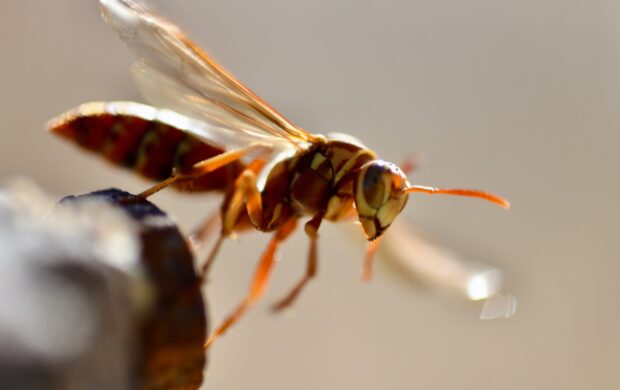







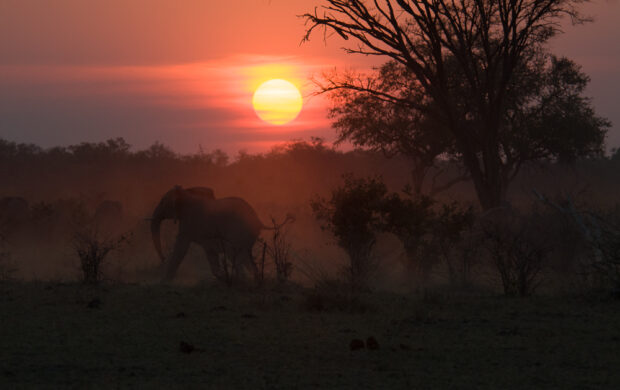

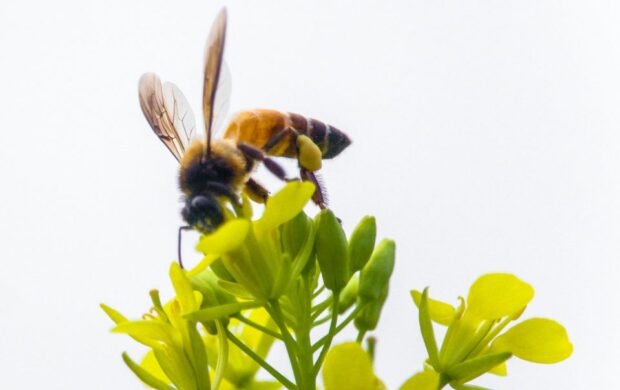
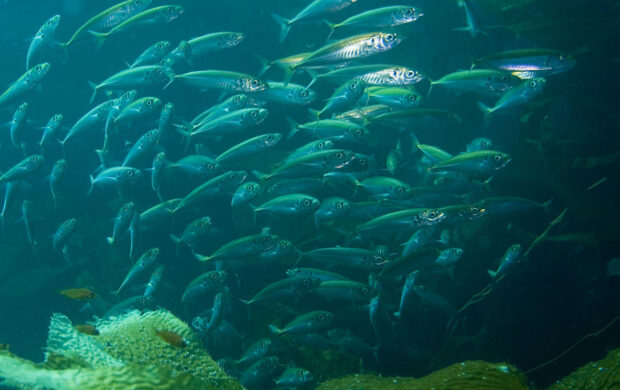




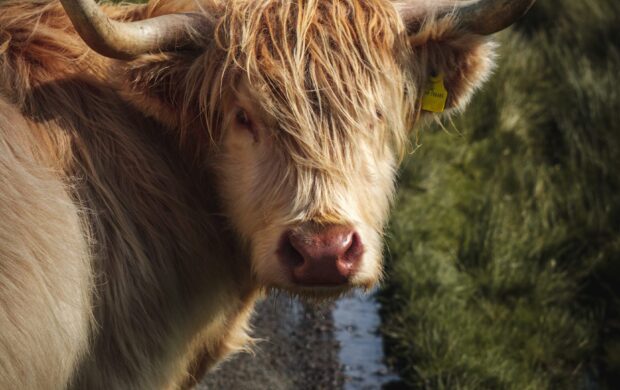


Join discussion